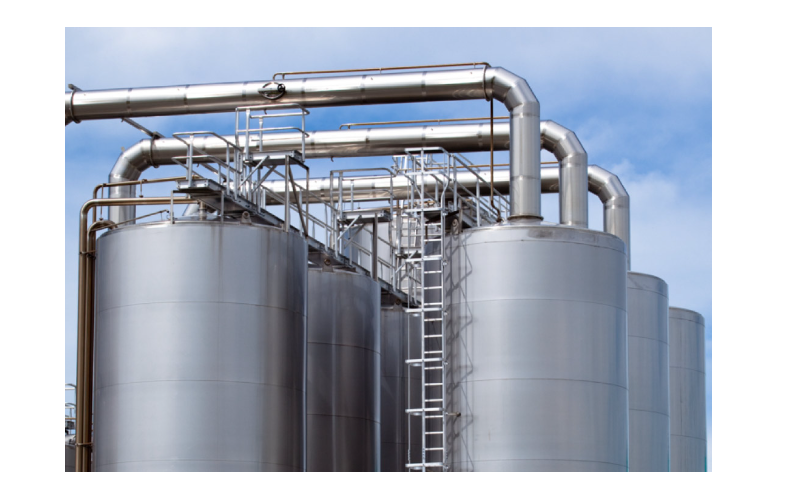Fonterra's Innovative Water Conservation: Recycled Cow Milk Water Powers Edendale Plant
In a groundbreaking move, Fonterra's Edendale plant in Southland is spearheading water conservation efforts by recycling a significant portion of the water content found in cow milk. With approximately 10 million litres of cows' milk processed daily into various products, including milk powders and protein items, the plant has adopted a revolutionary Cow Water Max system.

Traditionally, during processing, around half of the water content in cow milk, constituting 86% of its composition, was evaporated and historically released into the river. However, Fonterra's discovery two years ago that this water could be reclaimed led to the development of the Cow Water Max system, a $10 million project launched in August after 18 months of meticulous design.
The innovative system involves purifying the water from cow milk through an onsite filtration and disinfection process. This reclaimed water is then utilized in the plant's processing operations, particularly for tasks such as cleaning. Previously, Edendale relied on an underground aquifer, which also served as the community's water source, to provide all the necessary water for processing 10 million litres of milk.
With the Cow Water Max project now recovering approximately 2.5 million litres of water daily, Edendale has successfully reduced its reliance on the aquifer to 7.5 million litres per day. This not only safeguards the plant against potential water shortages but also addresses the vulnerability of the underground aquifer during droughts, as it solely relies on rainwater replenishment.
Andrew Johns, Fonterra's lower South Island regional manager, emphasized the positive impact of the Cow Water Max initiative, estimating a reduction of 700 million litres in annual aquifer extraction. He highlighted the strategic value of the $10 million investment, asserting that the cost of the site halting operations due to water scarcity would far exceed the project's expenditure.
Edendale, as Fonterra's pioneering site adopting cow water for milk processing operations, sets an example in sustainable water management. Johns underlined the significance of this initiative, emphasizing its potential to prevent disruptions in operations that the site had previously experienced due to water shortages.
The innovative system involves purifying the water from cow milk through an onsite filtration and disinfection process. This reclaimed water is then utilized in the plant's processing operations, particularly for tasks such as cleaning. Previously, Edendale relied on an underground aquifer, which also served as the community's water source, to provide all the necessary water for processing 10 million litres of milk.
With the Cow Water Max project now recovering approximately 2.5 million litres of water daily, Edendale has successfully reduced its reliance on the aquifer to 7.5 million litres per day. This not only safeguards the plant against potential water shortages but also addresses the vulnerability of the underground aquifer during droughts, as it solely relies on rainwater replenishment.
Andrew Johns, Fonterra's lower South Island regional manager, emphasized the positive impact of the Cow Water Max initiative, estimating a reduction of 700 million litres in annual aquifer extraction. He highlighted the strategic value of the $10 million investment, asserting that the cost of the site halting operations due to water scarcity would far exceed the project's expenditure.
Edendale, as Fonterra's pioneering site adopting cow water for milk processing operations, sets an example in sustainable water management. Johns underlined the significance of this initiative, emphasizing its potential to prevent disruptions in operations that the site had previously experienced due to water shortages.
Key News of the Week











